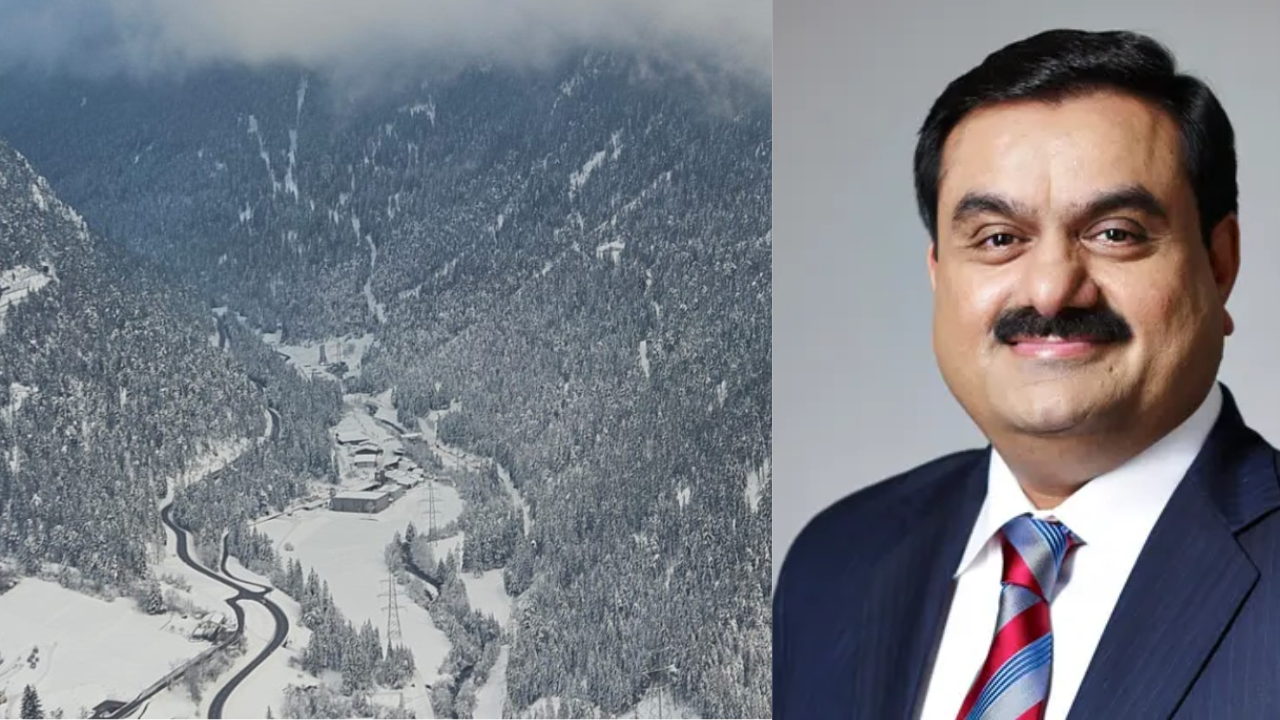In a remarkable blog post penned by Chairman Gautam Adani, a prominent figure in the business landscape, reflections on India’s recent participation in the World Economic Forum at Davos shed light on the nation’s trajectory towards economic prosperity and social leadership on the global stage.
The overarching sentiment among participants was optimism regarding India’s economic future, with a consensus emerging that the nation is well-positioned to approach the ambitious $30 trillion GDP target by 2050. Much of this optimism stems from India’s burgeoning young workforce, a demographic powerhouse poised to propel the country to new heights.
Yet, the real game-changer that took center stage at Davos was India’s dramatic social transformation over the past decade. Adani highlights a prevailing view that India is filling the social leadership vacuum globally, a testament to the nation’s commitment to inclusivity and multilateralism. This newfound perception positions India as not just an economic powerhouse but a beacon of social progress.
A pivotal theme that resonated with the overarching theme of “Rebuilding Trust” at the conference was India’s focus on sustainability. The Solar Alliance platform, launched by the Hon’ble Prime Minister of India in 2015, featured prominently in many discussions. With the world increasingly recognizing the importance of sustainable practices in building trust among nations, India’s commitment to solar energy aligns seamlessly with global priorities. The nation’s proactive steps in this direction highlight its dedication to addressing pressing environmental concerns and fostering a more sustainable future.
India’s message and actions, as discussed at Davos, reflect the spirit of multilateralism and inclusiveness, making the nation stand out among its peers. The emphasis on social transformation, sustainability, and global leadership has positioned India as a key player in shaping the future of the world economy.
The blog post underscores how India’s achievements in the social and economic spheres have not gone unnoticed. The author suggests that this Davos session was one where Indian attendees left with their heads held a little higher than usual. It signals not just economic progress but a broader acknowledgment of India’s role in addressing global challenges and contributing positively to the world order.
In conclusion, Chairman Gautam Adani’s insights provide a compelling narrative of India’s journey towards becoming a global leader, not just in economic terms but also as a socially responsible and sustainable nation. As the world grapples with complex issues, India’s positive trajectory offers hope and inspiration, making it an exciting time to be an Indian on the world stage.















